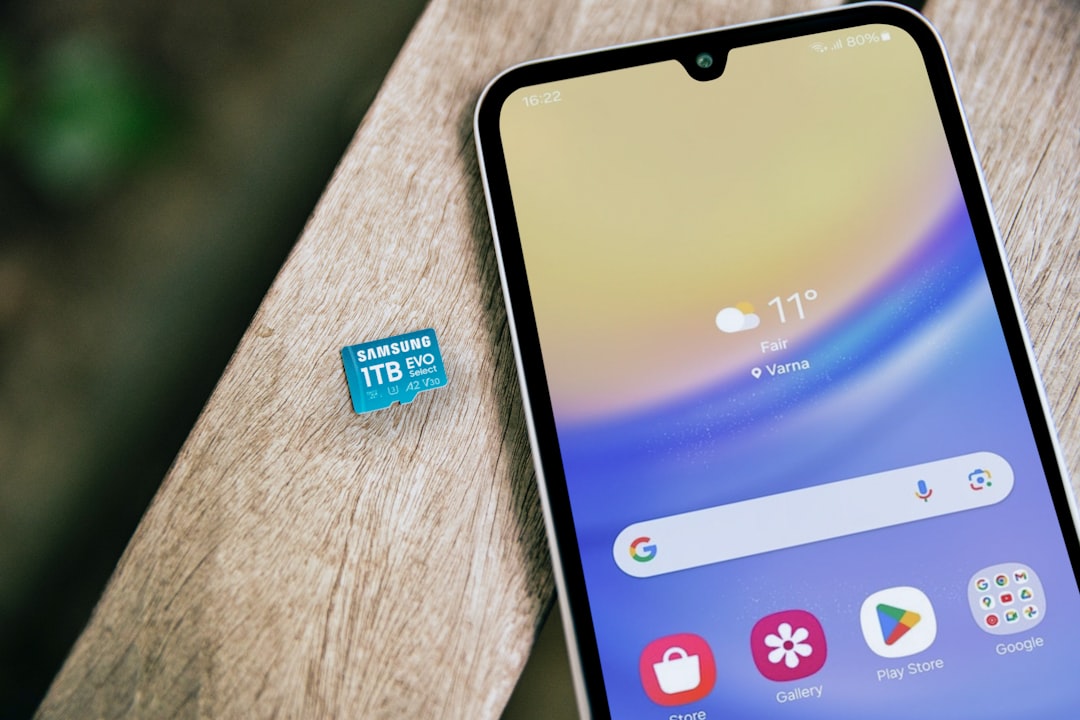In Virginia, the Telephone Consumer Protection Act (TCPA) and state laws work together to combat spam calls. Residents can stop unwanted telephone marketing by filing complaints with authorities or hiring specialized Spam Call Lawyers/Firms Virginia. These professionals guide consumers in seeking damages under TCPA cases, offering effective How to Stop Spam Calls Virginia strategies. Understanding local policies, documenting calls, and consulting legal experts are key steps in creating a safer communication environment for Virginians.
Understanding the connection between spam calls and local policies is crucial in the ongoing battle against unwanted communications. This article explores how Virginia’s specific laws and regulations play a pivotal role in spam call prevention, delving into identifying and reporting spam while highlighting legal remedies available to victims. We provide an in-depth guide on effective strategies to stop spam calls, including technological solutions, community collaboration, and policy advocacy. Additionally, discover the importance of a spam call lawyer in Virginia for pursuing justice and compensation under the Telephone Consumer Protection Act (TCPA). Learn how to protect yourself and your community from these relentless intruders by implementing how to stop spam calls Virginia solutions.
The Role of Local Policies in Spam Call Prevention (Virginia Focus)

In Virginia, local policies play a significant role in combating spam calls and protecting residents from unwanted telephone marketing practices. The state has implemented specific regulations to address this growing issue, primarily focusing on the Telephone Consumer Protection Act (TCPA). Virginia’s approach emphasizes consumer privacy and consent, ensuring that businesses adhere to strict guidelines when making automated or prerecorded phone calls. By implementing these local policies, Virginia aims to give residents more control over their phone lines and reduce the number of spam calls they receive.
For instance, the TCPA in Virginia prohibits companies from making robocalls without prior express consent. This law empowers individuals to take action against persistent spam callers by filing complaints with the appropriate authorities and seeking legal recourse through a spam call lawyer or law firm specializing in TCPA cases. Understanding and utilizing these local policies is crucial for Virginians looking to stop spam calls, ensuring a safer and less disruptive communication environment.
– Examining Virginia's specific laws and regulations targeting spam calls

In Virginia, the fight against spam calls is bolstered by specific laws and regulations designed to protect consumers from unsolicited telephone marketing. The Virginia Spam Call Law, often referred to as the TCPA (Telephone Consumer Protection Act), imposes strict rules on businesses engaging in automated or prerecorded phone calls to individuals. This legislation empowers residents with the ability to take action against persistent spam callers.
To stop spam calls effectively in Virginia, consumers can leverage these legal provisions by filing complaints with the state’s relevant authorities. Additionally, retaining a law firm specializing in TCPA cases or hiring spam call lawyers in Virginia can be a strategic move. These legal professionals can guide residents through the process of seeking damages and enjoining further unwanted calls, ensuring that the how to stop spam calls Virginia becomes a priority for both individuals and collective action.
– Understanding jurisdiction and its impact on anti-spam efforts

Navigating the complex landscape of anti-spam efforts requires a deep understanding of jurisdiction and its impact on local policies. In the case of How to Stop Spam Calls Virginia, for instance, state laws and federal regulations like the Telephone Consumer Protection Act (TCPA) play a pivotal role in shaping the strategies employed by both consumers and businesses. The TCPA, a significant piece of legislation, grants consumers rights against unwanted phone calls, including spam calls, and imposes strict liability on violators. This means that not only can individuals take legal action against spammers, but also face substantial financial penalties.
Spam call law firms Virginia and their expert lawyers are instrumental in helping residents understand these laws and exercise their rights. By employing a deep knowledge of the Spam Call law Virginia, these professionals guide clients through the process of filing complaints, seeking damages, and ensuring compliance with relevant regulations. This not only helps to How to Stop Spam Calls Virginia but also serves as a deterrent for potential spammers, fostering a safer and less intrusive communication environment.
Identifying and Reporting Spam Calls in Virginia

In Virginia, identifying and reporting spam calls is a crucial step in mitigating their impact. The Telephone Consumer Protection Act (TCPA) provides robust protections against unsolicited telephone marketing calls, including spam. If you’re experiencing a high volume of spam calls, the first step is to document them by recording the caller ID information and any details about the caller’s messages. Next, contact your local telecommunications provider or utilize federal reporting mechanisms like the National Do Not Call Registry. In Virginia, there are also specific state laws that complement the TCPA, allowing residents to take legal action against persistent spam call perpetrators.
For assistance in navigating these complexities, considering a spam call law firm or hiring lawyers specializing in TCPA cases in Virginia is advisable. These professionals can guide you through the reporting process and help determine if legal action is warranted. Effective strategies to stop spam calls in Virginia include registering your number with national and state do-not-call lists, blocking callers using phone settings, and utilizing apps designed to filter out unwanted calls. By combining these methods, residents of Virginia can significantly reduce the frequency of spam calls they receive.






